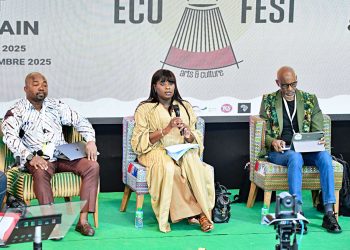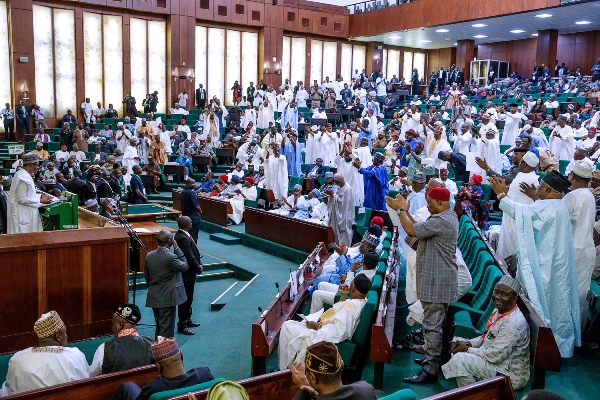The International Monetary Fund will start discussions next month on an extended credit facility with Mozambique, the fund said on Tuesday, its first potential programme with the country since suspending support in 2016.
That year Mozambique unveiled hefty state-backed borrowing it had previously failed to disclose, in a 2-billion-dollar corruption scandal that prompted donors to cut off aid and sparked a currency collapse and debt crisis.
Since then the IMF has delivered some targeted aid to help Mozambique recover from natural disasters and cyclones, but the extended credit facility would be its first formal programme.
“Staff stand ready to commence negotiations in late January 2022, in accordance with the authorities’ preferred timeline,” the IMF said in a statement after a staff visit to the country.
The programme would aim to help ease financing pressures as Mozambique recovers from the pandemic, support poverty reduction, and equitable growth, as well as catalyse additional development financing, the Fund said.
One of the world’s most impoverished countries, Mozambique is still grappling with its hefty debt burden, as well as an Islamist insurgency and the impact of COVID-19, which led to its first economic contraction in three decades last year.
The discovery of massive liquefied natural gas (LNG) reserves saw Mozambique emerge as a potential major global exporter of fuel, but graft scandals and the insurgency have dented or threatened the promised benefits.
The IMF said growth would reach 2.2 per cent this year and 4 per cent in the long-term, with the realisation of LNG reserves delivering an even sharper increase.
Risks to the outlook include vulnerability to climate change and a deterioration in the security situation, which could delay or stop LNG projects, it added.
Fiscal pressures are acute, it said, with economic difficulties of state-owned enterprises and the debts linked to the corruption scandal presenting risks.
Mozambique is disputing in the courts the validity of some of the debt, including a loan of 622 million dollar from investment bank Credit Suisse.













